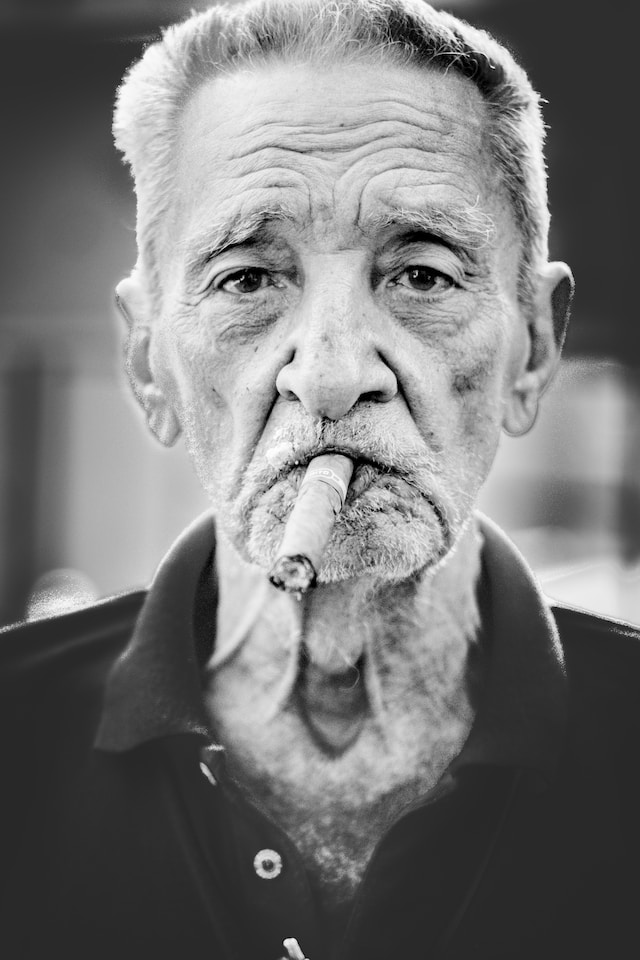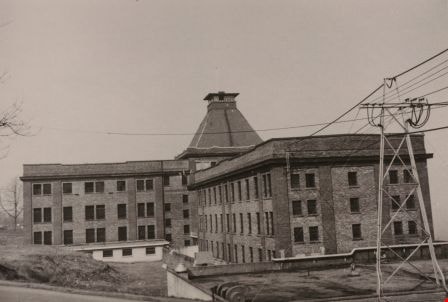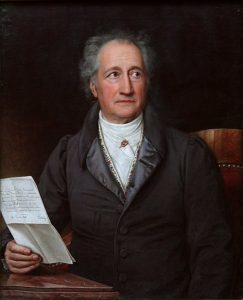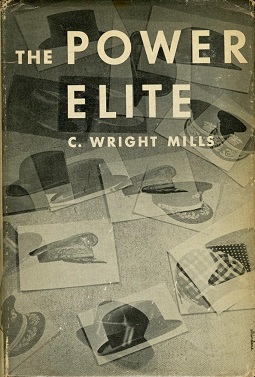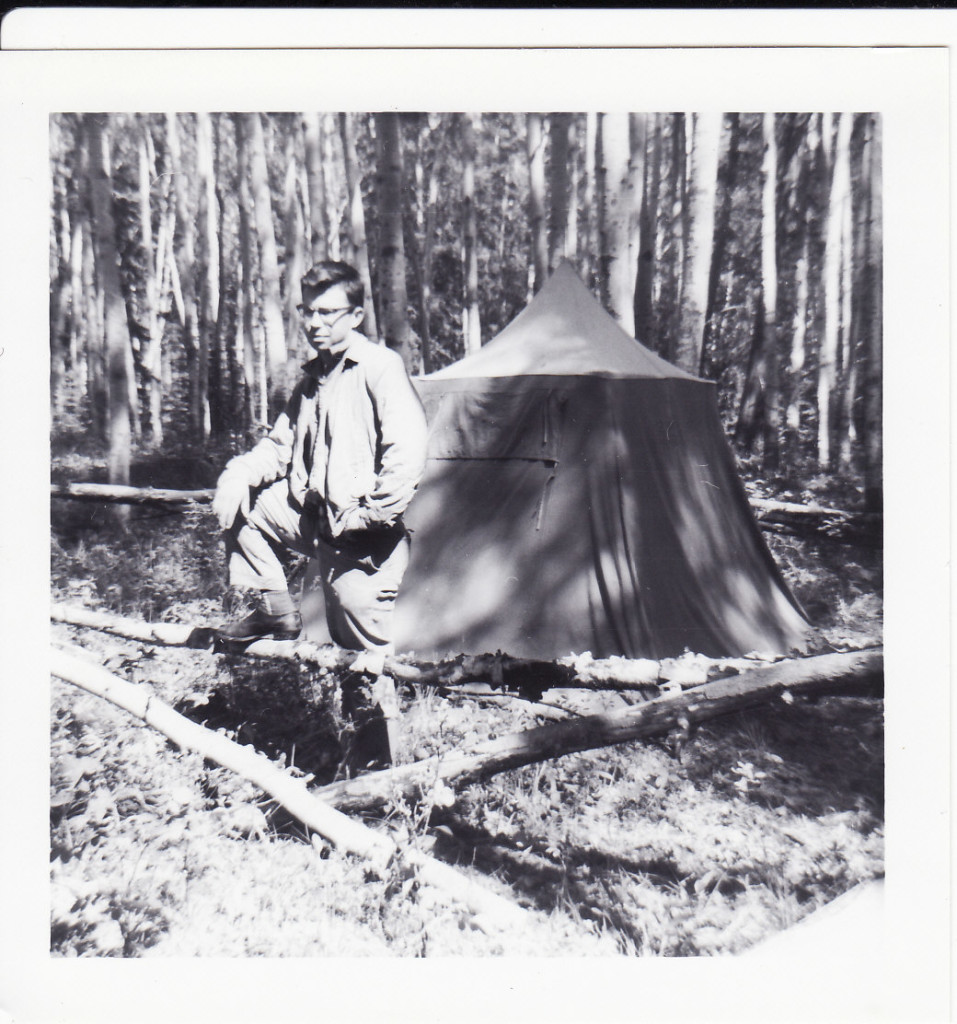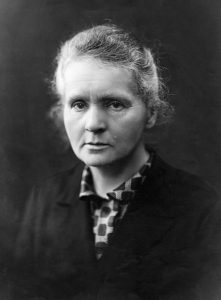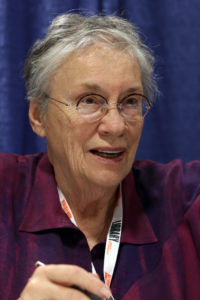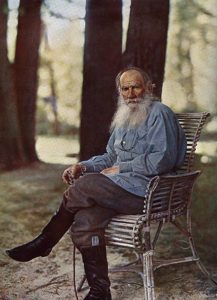When I completed my interviews with inmates and staff at Matsqui Institution, plus a good deal of reading, I wrote the paper detailing my findings concerning inmate culture. As requested at the outset, I gave prison Superintendent Doug McGregor a copy. He was at his desk when I entered his office, his white shirt open at the top button as usual. I told him about M2W2 and inquired about bringing the program into Matsqui. He asked, “do you consider this to be the answer to recidivism?”
I’d had several discussions with Doug over the past three months and felt he was genuinely open to new approaches. Almost certainly he wanted also to assess the level of understanding our organization had concerning prisoners and their rehabilitation. “At the beginning of my experience at Oakalla,” I replied, “I naively thought that surely friendship with a reputable citizen would persuade a man that life offers a much richer experience than crime and prison.
I thought it might be pretty straight forward and simple. Now I’m beginning to understand that in most cases releasing a man from prison doesn’t also release him from his criminal thinking.” Doug leaned forward, listening intently, not interrupting.
“Our sponsors do offer friendship,” I continued. “We consider it a critical component in rebuilding anyone’s life, whether in prison or in the community. We assign a trustworthy man to sponsor one inmate. The sponsor typically visits the inmate once every two weeks, more often if he chooses to. When the man becomes eligible for passes to the community, the sponsor may invite him to his home to meet his family and enjoy a meal. He will also introduce the man to people in the community. This helps him feel more at ease with law abiding citizens when he is released. We do recognize, however, that our approach is only one aspect of the solution.”
About a week later Ray Coles, the M2W2 executive director at that time, met with Doug and several senior prison staff. At this meeting we were given the green light to bring the program to Matsqui Institution.
Ray Coles asked me to develop the Matsqui program. This was a volunteer position and I continued operating a front end loader and driving a dump truck, as I had on a part time basis during the SFU years. Working with the prison’s community liaison director, I scheduled a “get acquainted” meeting, which was attended by 21 inmates.
When I entered the room, my attention was immediately drawn to a squat, burly man sitting at the rear of the room. With thick arms folded tightly across his barrel chest, and a skeptical frown on his face, his appearance was intimidating. Had he come to disrupt?
In spite of my apprehensions, the meeting produced no fireworks, only a lot of questions. None from the burly dour man in the back row. When I received a stack of eleven applications for a sponsor, I was surprised to see that this man, Roy, had applied. I was pleased but not surprised to note that Albert, the grey haired man in the hobby shop also wanted a friend from outside the fences.
I immediately began searching for men with a track record of integrity. Men who would commit irrevocably to a relationship and follow through. The inmates we’d be working with had been deceived and lied to much of their lives. We wanted to show them another, more fulfilling way to live.
Often I approached a man individually, explained the program and invited him to visit an inmate with me. The men I hoped to enlist usually already had a full schedule, but almost without exception, they accompanied me and I introduced them to a man not receiving visits. Among the community men were Andy, a top selling realtor, Rudy, a senior secondary school teacher and coach, and Reinhart, a successful entrepreneur. There were also tradesmen, farmers, laborers and retirees. After visiting a man behind bars with me, they were almost invariably hooked. Sponsoring an inmate seemingly provided them with a sense of mission.
It would prove to be a challenging mission. For young inmates especially, life in prison was a boot camp in crime that indoctrinated them with criminal thinking and attitudes. These had become deeply lodged in their subconscious and governed their responses to knotty life issues. The men we sent into prison would need to learn patience, seek wisdom and discernment, and exercise resolve. When it became extra tough, some sponsors elected to look up and request a divine spark of inspiration and guidance.

